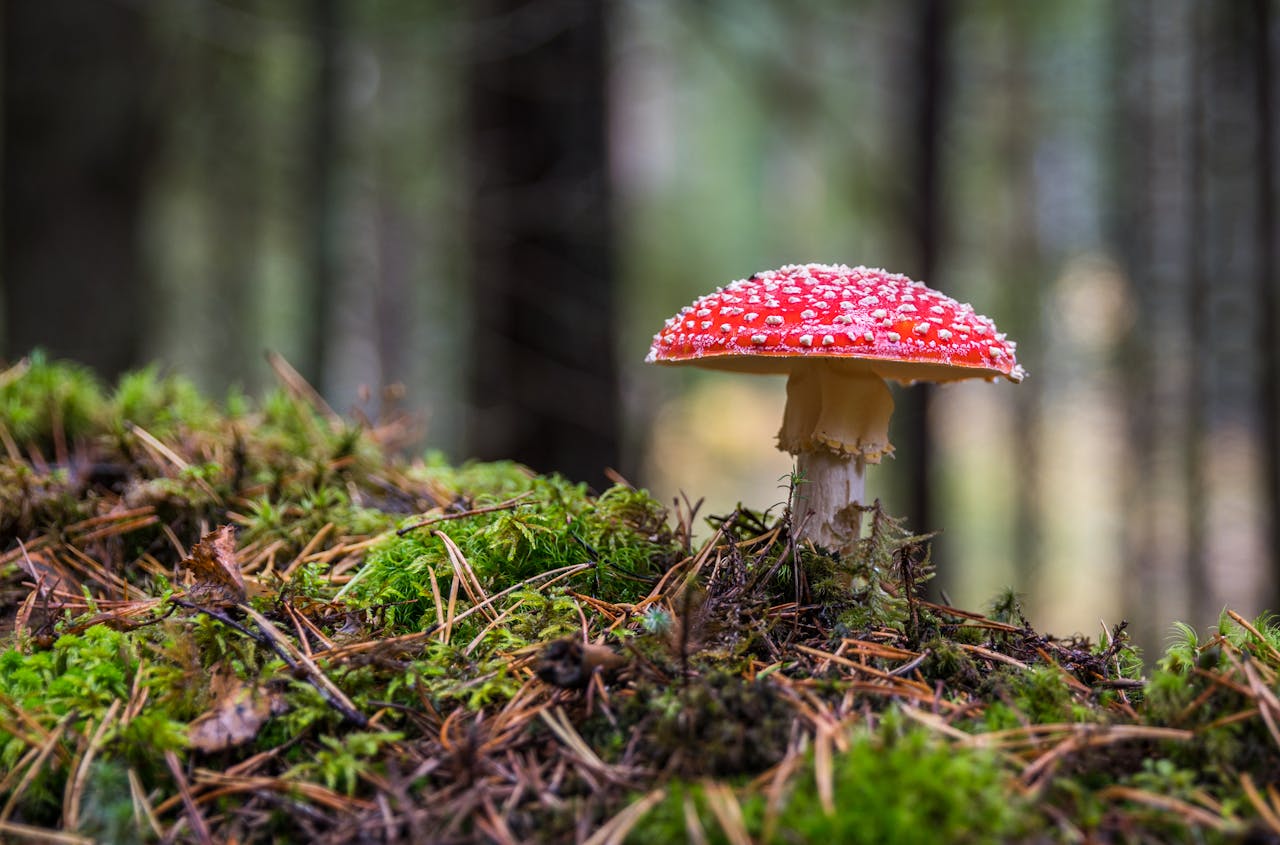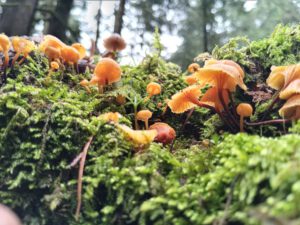
In gardening and sustainable agriculture, mushroom compost has emerged as a powerful ally for enhancing veggie mix soil and promoting healthy, thriving vegetable gardens. This article delves into the benefits of using mushroom compost in veggie mix soil, explaining how it enriches the soil, fosters plant growth, and contributes to a bountiful harvest.
Understanding Mushroom Compost
It is composed of a blend of organic matter such as straw, corn cobs, peat moss, and other agricultural wastes used in the mushroom growing process. As mushrooms grow and are harvested, the remaining substrate undergoes a composting process that further breaks down the organic materials, resulting in a dark, crumbly material rich in essential nutrients.
Benefits of Mushroom Compost in Veggie Mix Soil
1. Nutrient-Rich Soil Amendment: Mushroom compost is a natural source of essential nutrients, including nitrogen, phosphorus, potassium, and micronutrients, vital for plant growth. When incorporated into veggie mix soil, mushroom compost enriches the soil and provides a balanced vegetable diet, promoting healthy root development and robust growth.
2. Improved Soil Structure: The organic matter in mushroom compost helps improve soil structure by increasing its water-holding capacity and promoting better aeration. This enhanced soil structure allows for better root penetration, reduces compaction, and supports beneficial soil microorganisms essential for plant health.
3. Suppression of Soil-borne Diseases: Mushroom compost has natural disease-suppressive properties, effectively reducing the incidence of soil-borne diseases that can affect vegetable crops. This can contribute to healthier plants and higher yields in vegetable gardens.
4. Enhanced Water Retention: The organic matter in mushroom compost acts as a sponge, improving the soil’s ability to retain moisture. This mainly benefits vegetable gardens, as consistent soil moisture levels are crucial for optimal plant growth and fruit development.
5. Reduction of Environmental Impact: Mushroom compost is a sustainable gardening practice that recycles agricultural by-products into a valuable soil amendment. By using mushroom compost in veggie mix soil, gardeners reduce waste and promote eco-friendly gardening practices.

How to Incorporate Mushroom Compost into Veggie Mix Soil
To reap the benefits of mushroom compost in veggie mix soil, follow these steps:
1. Prepare the Soil: Prepare the garden bed or container for planting vegetables. Ensure the soil is loosened and free of weeds.
2. Apply Mushroom Compost: Spread a layer of mushroom compost over the soil surface.
3. Mix Thoroughly: Use a garden fork or tiller to incorporate the mushroom compost evenly into the top 6 to 12 inches of soil. This ensures that the compost is well-integrated and accessible to plant roots.
4. Plant Vegetables: After mixing in the mushroom compost, plant your vegetable seeds or seedlings according to spacing and depth recommendations for each crop.
5. Water and Maintain: Thoroughly water the newly planted vegetables to settle the soil and provide initial hydration. Continue to monitor soil moisture levels and supplement with additional watering as needed.
Tips for Using Mushroom Compost Safely
While mushroom compost is an excellent soil amendment, it’s essential to use it safely to avoid potential issues:
– Ensure Maturity: Use mature mushroom compost that has undergone proper composting to eliminate harmful pathogens.
– Avoid Overuse: While mushroom compost is beneficial, avoid excessive application, as too much organic matter can lead to nutrient imbalances or waterlogging.
– Monitor pH Levels: Mushroom compost may have a slightly alkaline pH. Monitor soil pH periodically and adjust as needed to maintain optimal growing conditions for vegetables.
Incorporating mushroom compost into veggie mix soil is an innovative and sustainable way to boost plant growth, improve soil health, and increase yields in vegetable gardens. By harnessing mushroom compost’s nutrient-rich properties, gardeners can create an ideal growing environment for a variety of vegetables while reducing the environmental impact of gardening practices.
Whether you’re a novice gardener or an experienced horticulturist, consider adding mushroom compost to your gardening toolkit to enjoy healthier, more productive vegetable crops. Start reaping the rewards of mushroom compost-enhanced veggie mix soil and witness the transformative effects on your vegetable garden’s vitality and abundance.



